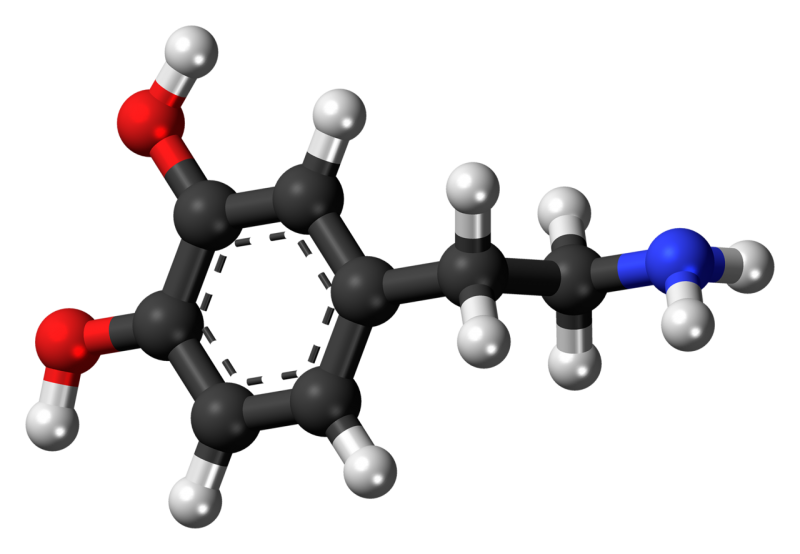Study indicates neurosurgical procedure used to measure dopamine and serotonin is safe

Scientists at Wake Forest University School of Medicine have demonstrated that a neurosurgical procedure used to research and measure dopamine and serotonin in the human brain is safe.
Their findings are published online in PLOS One, a journal published by the Public Library of Science.
"Dopamine and serotonin are neurotransmitters that affect how people think, feel and act," said Kenneth T. Kishida, Ph.D., associate professor of physiology and pharmacology and neurosurgery at Wake Forest University School of Medicine and principal investigator of the study. "These neurotransmitters are chemical messengers used by the nervous system to regulate countless functions and processes in the body."
Measuring dopamine and serotonin in humans, with the speed (10 times per second) and accuracy that Kishida's team is able to achieve, can only be done during invasive procedures such as deep-brain stimulation (DBS) electrode implantation, which is commonly used to treat conditions such as epilepsy, Parkinson's disease, essential tremor and obsessive-compulsive disorder.
Since 2011, Kishida's research team has collaborated with Atrium Health Wake Forest Baptist neurosurgeons Stephen B. Tatter, M.D., Ph.D., and Adrian W. Laxton, M.D., to study these neurotransmitters. To detect and record serotonin and dopamine released from neurons, a carbon fiber microelectrode is inserted deep into the brain of patients who are scheduled to receive a DBS implant to treat their conditions.
After the microelectrode insertion and while patients are awake in the operating room, they perform decision-making tasks similar to playing a simple computer game. As they perform tasks, measurements of dopamine and serotonin are taken in the striatum, the part of the brain that controls cognition, reward and coordinated movements.
For this study, researchers identified 602 patients who had the DBS implantation procedure between January 2011 and October 2020. Of these, 116 patients volunteered to also take part in the research protocol with the carbon fiber microelectrode, and 486 patients did not.
"We compared the infection rate across these two groups and found no significant increase or change," Kishida said. "The brain is exposed a bit longer for the research procedure, but it does not elevate the risk of infection."
Kishida's team noted that infection was observed in 1 (.21%) out of the 486 patients that did not participate in the research procedure and 2 (1.72%) of the 116 patients that did have the procedure.
"These findings show that the research procedures used for monitoring of neurotransmitter release can be performed without increasing the rate of infection," Kishida said.
According to Kishida, demonstrating the safety of the research procedure is critical for future studies.
"Having a better understanding of how these brain chemicals work in people may lead to improved medications or treatments for movement disorders, substance use disorder or depression," Kishida said.
More information: Brittany Liebenow et al, Intracranial approach for sub-second monitoring of neurotransmitters during DBS electrode implantation does not increase infection rate, PLOS ONE (2022). DOI: 10.1371/journal.pone.0271348



















